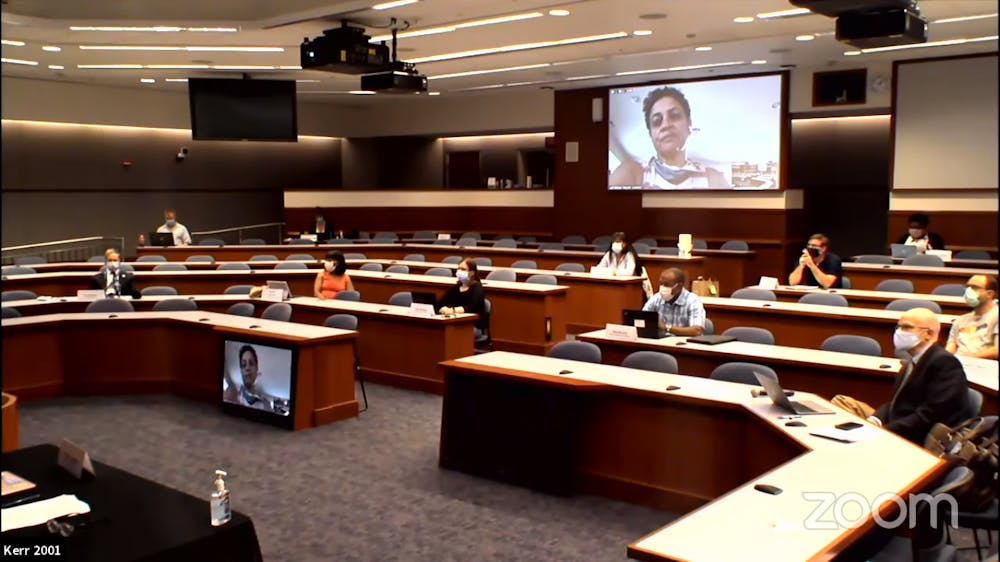Editor's note: This story is the first of a two-part series on faculty concerns with the University's reopening plans.
Students, faculty and staff have expressed concerns about UNC's plans for a fall return to campus for months — and some recently turned to letter-writing to make their voices heard.
Erik Gellman, an associate professor of history, said he and other faculty members have expressed their concerns about fall reopening plans to UNC leaders, in Chapel Hill and System-wide.
“The original Roadmap (for Fall 2020) was based on a false premise that starting the semester early would allow for us to start at a level where the number of COVID cases in North Carolina and elsewhere were at a low point,” Gellman said. “I get why when you have made a plan, you want to stick with it, but for a long time, this Roadmap has been driving us down the wrong road. There’s a feeling that ‘oh we’ve gone far enough down this road we might as well just continue down the road,’ but I think this road leads to a disaster."
The recently-released COVID-19 Dashboard on Carolina Together’s website tracks positive cumulative cases. Thirteen students have tested positive for COVID-19 in the past week, according to the dashboard.
Last week, Gellman and more than two dozen tenured faculty members turned their voices directly to students in the form of an open letter published in The Charlotte Observer. In part, the letter encourages students who have the ability to stay home and take remote courses to do so.
Gellman said the University’s plan to allow students to return to dormitories at full capacity is a recipe for how to start an outbreak, rather than prevent one.
“Whatever goes on in the dorms is going to be like petri dishes,” María DeGuzmán, a professor of English and comparative literature and one of the letter’s signatories, said. “The CDC has already said this represents the highest risk possible when you have full capacity dorms. And that is what UNC-Chapel Hill decided to do and that is going to spread to every other part of campus, into the classrooms and into the town.”
DeGuzmán said she is especially worried about systemic health disparities affecting Latinx people and African Americans across the state, which are being exacerbated by the pandemic. According to the Centers for Disease Control and Prevention, Black or African American people account for 21 percent of the population in North Carolina, but make up 24 percent of COVID-19 cases and 31 percent of deaths. Hispanic or Latinx people account for nine percent of the population, but make up 41 percent of COVID-19 cases and 11 percent of deaths.



